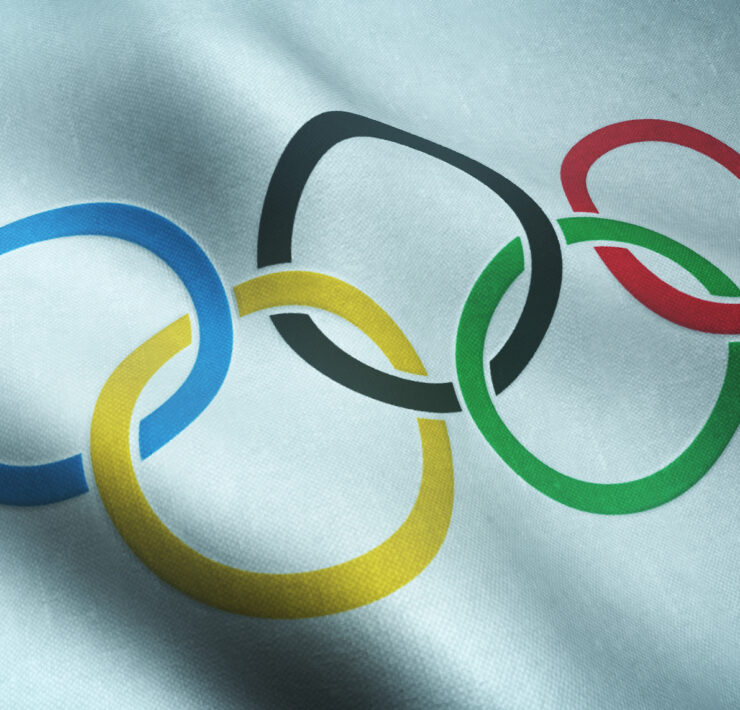Olympic Committee Announces New Framework for Trans, Intersex Inclusion

Keegan (they/them) is a journalist/artist based in Los Angeles.
Following another cycle of conversations surrounding trans and intersex inclusion in the Olympics over this year’s games and years of delays, the International Olympic Committee (IOC) just announced an updated framework that allows for more inclusion of trans and intersex athletes across a variety of events.
The “IOC Framework on Fairness, Inclusion and Non-Discrimination on the Basis of Gender Identity and Sex Variations” followed a two-year consultation process with more than 250 athletes and concerned stakeholders.
“Through this Framework, the IOC seeks to promote a safe and welcoming environment for everyone involved in elite-level competition, consistent with the principles enshrined in the Olympic Charter,” the IOC says in a press release. “The Framework also acknowledges the central role that eligibility criteria play in ensuring fairness, particularly in high-level organized sport in the women’s category.”
Instead of creating rules for trans inclusion that don’t take the actual sport into account, the framework provides 10 “principles” which guide individual sports federations in drafting new rules. Starting after the 2022 Olympic Winter Games in Beijing, the IOC will implement the new rules with a “comprehensive roll-out phase.”
Previously, the rules put in place in 2015 mandate that trans women’s testosterone levels remain below 10 nmol/L for a year, even though the notion of a “normal” testosterone level has been widely debated.
The new framework makes no mention of testosterone levels, and one of the new principles establishes an athlete’s “primacy of health and bodily autonomy,” adding that athletes should never be pressured by governing board to undergo “medically unnecessary procedures or treatment to meet eligibility criteria.”
In addition, the IOC adds that eligibility should not be determined through gynecological exams or other, invasive forms of physical examinations seeking to determine an athlete’s sex. Athletic federations will be newly prohibited from subjecting athletes to targeted testing “aimed at determining their sex, gender identity and/or sex variations,” and rather seek to educate team leaders to prevent interpretations of their eligibility criteria that have the potential to lead to harm.
The IOC also established principles stating that trans and intersex athletes should not be assumed to have an unfair advantage over their competitors without scientific evidence. The IOC says restrictions on participation must be based on “robust and peer reviewed research” and that athletes be allowed to contest restrictions, through internal mediation mechanisms or a quasi-judicial process.
Alex Schmider, GLAAD’s associate director of transgender representation and producer of the documentary Changing the Game, called the new framework a “victory for all athletes and fans,” adding, “Sports are for everyone, and fairness in sports means inclusion, belonging and safety for all who want to participate, including transgender, intersex, and nonbinary athletes,” in a statement provided by GLAAD.
The framework ushers in a new chapter for the Olympic Games, which hopefully leads to more equity and fair treatment for trans and intersex athletes moving forward, in the Olympics and all athletics.
What's Your Reaction?
Keegan (they/them) is a journalist/artist based in Los Angeles.










